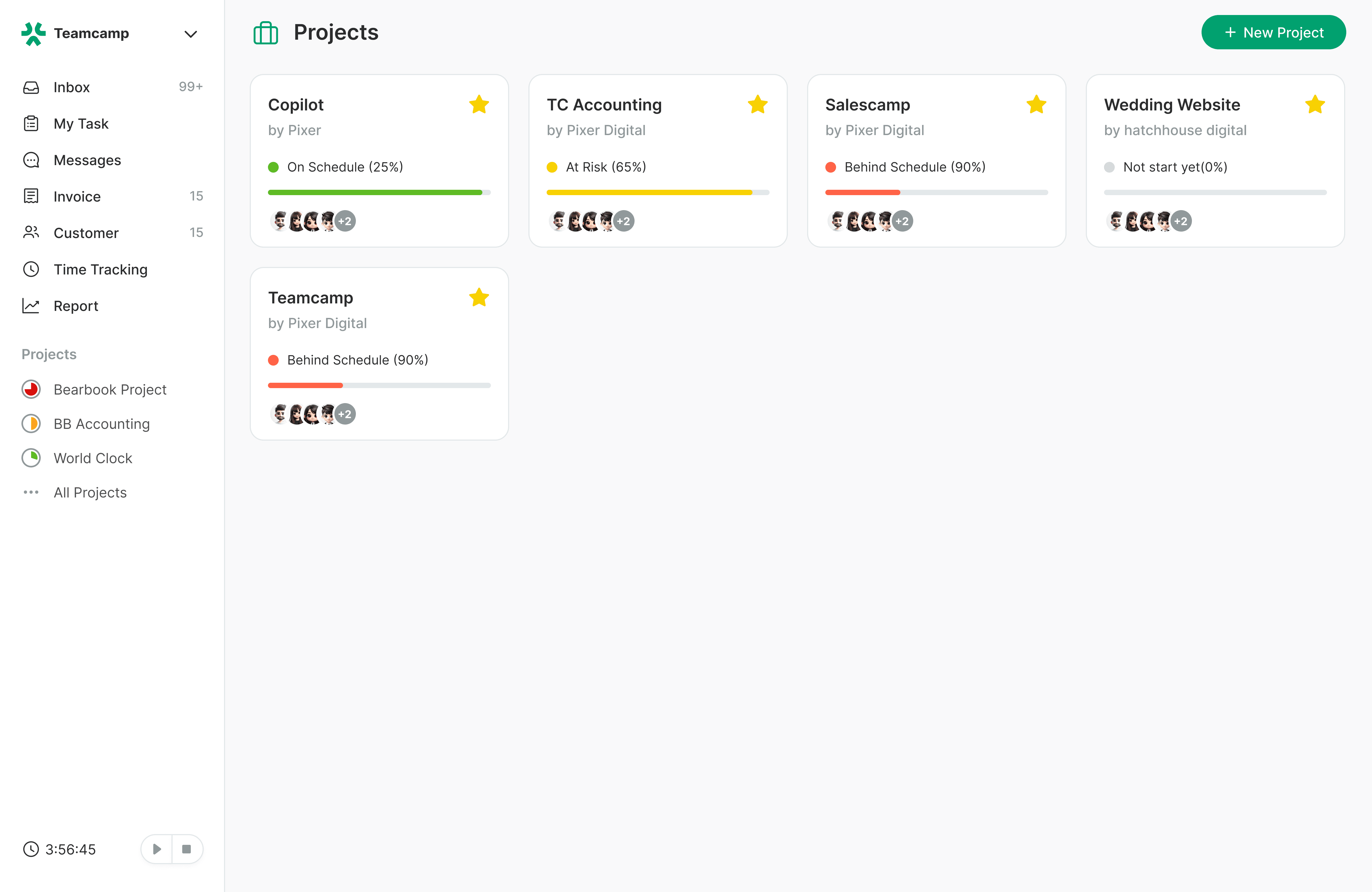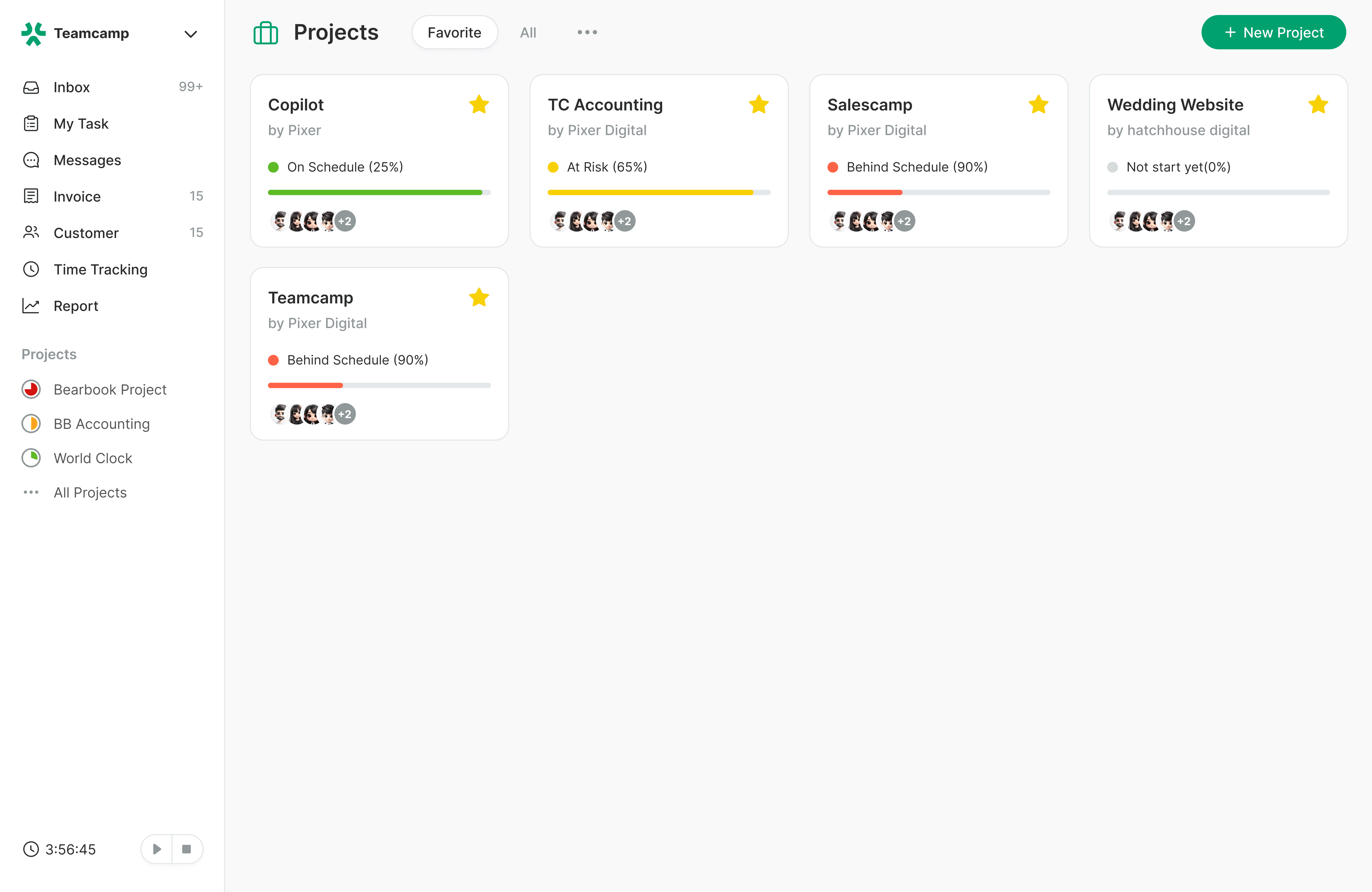Empowering Project Success: The Art of Self Management in Collaborative Environments
Introduction
The capacity to manage complexity and retain one's own effectiveness is a vital skill in the ever-changing field of collaborative project management. Self management, often considered a personal attribute, becomes a pivotal element in the collective success of collaborative teams. The multifaceted aspects of self-management within collaborative environments, exploring its definition, its symbiotic relationship with team success, and the pillars that uphold its effectiveness.
Understanding Self Management in Collaboration
Defining Self-Management
Self-management is more than just a skill; it's a mindset that underscores individual accountability, responsibility, and the proactive execution of tasks. In the collaborative context, where projects hinge on seamless teamwork, individuals with robust self-management skills emerge as catalysts for success. They not only take charge of their own responsibilities but also contribute positively to the collaborative dynamics of the team.
The Symbiosis of Individual and Team Success
At the heart of collaborative projects lies the intricate dance between individual contributions and collective achievements. The effectiveness of a team is often a reflection of the self-management capabilities of its members. A team comprised of individuals adept at managing themselves is more likely to navigate challenges smoothly, adapt to changes, and collectively drive the project toward success.
The Pillars of Self-Management in Collaborative Projects
Time Management and Productivity
Time management stands as a foundational pillar of self-management. In collaborative environments where timelines are interconnected, effective time management is paramount. Team members who can optimize their time contribute to enhanced project efficiency. Techniques such as prioritization, task batching, and setting clear boundaries for focused work sessions become essential skills for self-managing individuals.
Goal Setting and Alignment
Individuals within collaborative teams must align their personal goals with the overarching objectives of the project. Goal setting, when approached collaboratively, becomes a shared endeavor that instills a sense of purpose and direction within the team. This alignment ensures that each team member's efforts contribute synergistically to the collective goals of the project.
Adaptability and Resilience
Collaborative projects are inherently dynamic, with uncertainties and challenges being constant companions. Individuals with strong self-management skills embrace adaptability and resilience. They can navigate unexpected obstacles, bounce back from setbacks, and contribute to a more agile and resilient team. Adaptability, when woven into the fabric of self-management, becomes a cornerstone for project success.
Navigating Challenges in Self-Management and Collaboration
Overcoming Procrastination and Distractions
Procrastination and distractions are common pitfalls that can impede self-management. In collaborative projects, where focus and productivity are paramount, addressing these challenges is crucial. Strategies for overcoming procrastination, such as effective task planning and creating a conducive work environment, contribute to maintaining individual and team momentum.
Balancing Autonomy and Team Integration
Striking the right balance between individual autonomy and seamless team integration is an ongoing challenge. Self-managing individuals must be able to contribute independently while ensuring their efforts align with the collaborative goals of the team. Balancing autonomy involves effective communication, transparency, and a commitment to the shared vision of the project.
Tools and Techniques for Effective Self-Management
Utilizing Project Management Tools
In project management tools play a pivotal role in facilitating self-management. These tools, ranging from task management platforms to collaborative communication channels, empower individuals to organize their work, track progress, and seamlessly integrate with the team. Exploring and mastering these tools enhances self-management capabilities within collaborative environments.
Implementing Agile Principles
Agile methodologies provide a framework that aligns seamlessly with self-management principles. Individuals practicing self-management can benefit from Agile's iterative and adaptive approach. Embracing Agile principles, such as regular reflections, continuous feedback, and incremental progress, enhances the ability to navigate the complexities of collaborative projects.
Cultivating a Culture of Self Management in Teams
Leadership's Role in Nurturing Self-Managing Teams
In order to promote a culture of self management within teams, leadership is essential. By enabling team members to take responsibility for their work, make decisions, and add to the collaborative vision, collaborative leaders set the example for their teams. A supportive leadership style nurtures a self-managing culture, fostering an environment where individuals feel empowered and accountable.
Team Empowerment and Accountability
Empowering individuals within a collaborative team involves instilling a sense of accountability. Team members must feel a responsibility not only for their individual tasks but also for the collective success of the project. Cultivating a culture of accountability ensures that self-managing individuals contribute to a more cohesive and high-performing team.
Practical Implementation Strategies for Self-Management in Collaborative Environments
Training and Skill Development Programs
Investing in training programs becomes a strategic move for organizations aiming to cultivate self-management within collaborative teams. Workshops focusing on time management, goal setting, and adaptability empower individuals with the skills needed for effective self-management. The goal is to create an environment where every team member is equipped to contribute meaningfully to the collaborative project.
Fostering Open Communication Channels
Communication is the backbone of collaboration, and in the context of self management, transparent and open communication channels are paramount. Project managers and team leaders play a crucial role in fostering an environment where team members can effectively communicate their progress, challenges, and requirements. Open communication reduces misunderstandings, enhances collaboration, and supports individual self-management.
Overcoming Collaboration Barriers Through Self Management
Building Trust and Accountability
Trust and accountability are foundational elements that enable self management to thrive within collaborative teams. Individuals must trust that their teammates will fulfill their responsibilities, and they, in turn, must be accountable for their contributions. Building trust involves consistent communication, reliability, and demonstrating competence in self-management.
Collaborative Problem-Solving Approaches
Self-management thrives in an environment that encourages collaborative problem-solving. When challenges arise, the ability of individuals to work together to find solutions becomes crucial. Implementing collaborative problem-solving approaches, such as brainstorming sessions and cross-functional collaboration, transforms obstacles into opportunities for growth and innovation.
Measuring the Impact of Self-Management on Collaborative Projects
Key Performance Indicators (KPIs) for Self-Management
Quantifying the impact of self-management involves establishing Key Performance Indicators (KPIs). Metrics such as task completion rates, meeting deadlines, and individual/team satisfaction provide insights into self-management effectiveness within collaborative projects. These KPIs serve as benchmarks for assessing the success of self-management initiatives.
Feedback and Continuous Improvement
Regular feedback loops are essential for continuous improvement in self-management practices. Team members, project managers, and leaders engage in reflective discussions to identify what works well, areas for improvement, and strategies for refinement. This iterative process ensures that self-management within collaborative teams evolves to meet the changing demands of projects.
Challenges and Solutions: Navigating the Complexities of Self Management in Collaboration
Avoiding Burnout in Self-Managing Environments
One challenge in self-managing environments is the risk of burnout. Individuals, driven by a desire to excel, may push themselves too hard. Organizations must implement strategies to prevent burnout, such as promoting work-life balance, encouraging breaks, and providing mental health resources. Balancing high performance with well-being is a key aspect of sustainable self-management.
Ensuring Alignment with Collaborative Goals
Aligning individual self-management with collaborative goals requires clear communication of overarching project objectives. Project managers must ensure that every team member understands how their self-management efforts contribute to the collective success of the project. Regular check-ins and feedback sessions help in reinforcing alignment and making necessary adjustments.
Future Trends: The Evolving Landscape of Self Management in Collaboration
Technology Integration for Enhanced Self Management
Technology integration is set to play a pivotal role in the future of self management within collaborative environments. AI-driven tools, automation, and advanced analytics will provide individuals with valuable insights, enabling more informed decision-making and efficient self-management. Organizations that embrace these technological advancements empower their teams to navigate collaborative projects with increased precision.
Remote Work and Self-Management
The rise of remote work introduces new dimensions to self-management. Individuals operating in dispersed teams must hone their self-management skills to navigate the challenges of virtual collaboration. Future trends suggest a continued emphasis on remote work, making self-management even more critical for project success.
Conclusion
As we conclude this exploration of self management in collaborative project environments, the overarching theme is clear, self-management is not just an individual capability; it's a cornerstone for the triumph of collaborative endeavors. Teams empowered with self management skills become resilient, adaptable, and united in their pursuit of project success. The journey towards mastering self-management within collaborative environments is ongoing, marked by continuous learning, adaptation to evolving trends, and a shared commitment to excellence. May this guide inspire individuals and teams alike to embark on this transformative journey, unlocking the full potential of self management for collaborative project success.
Share :




